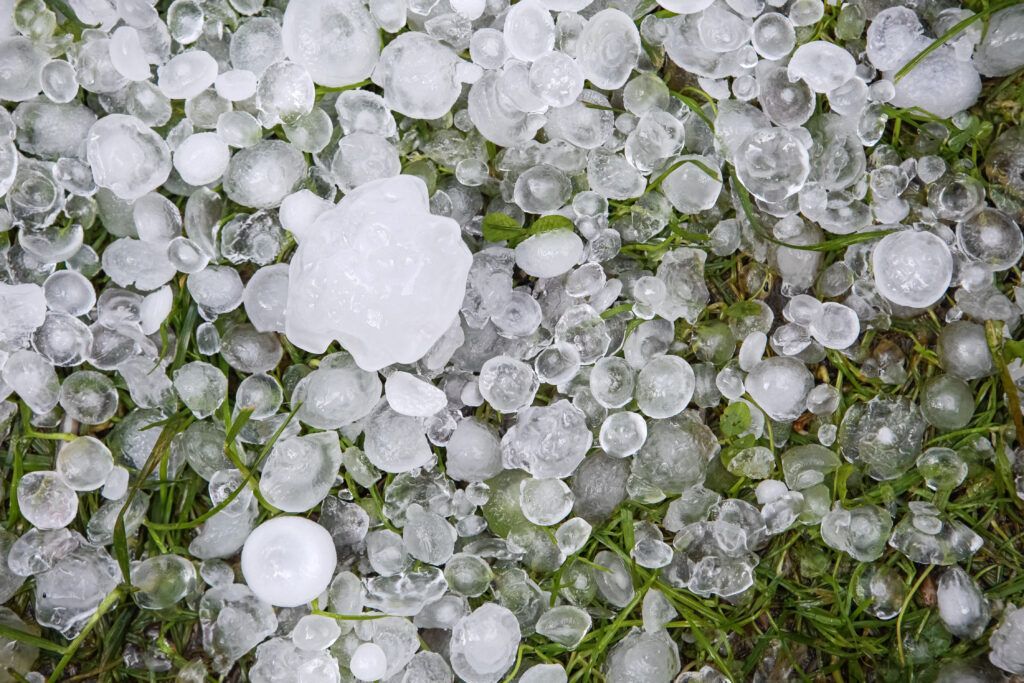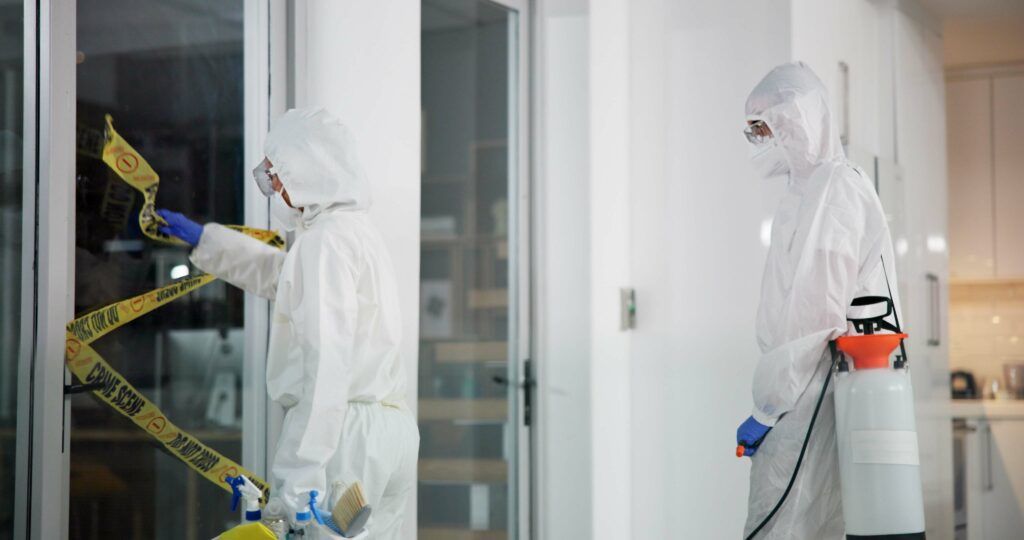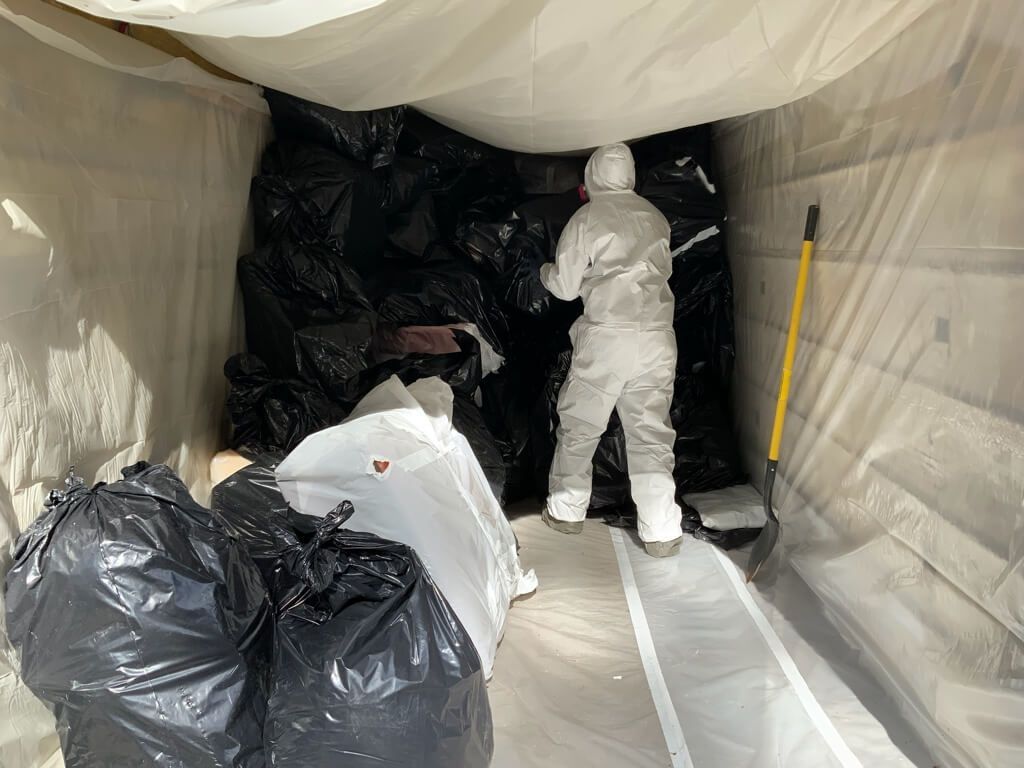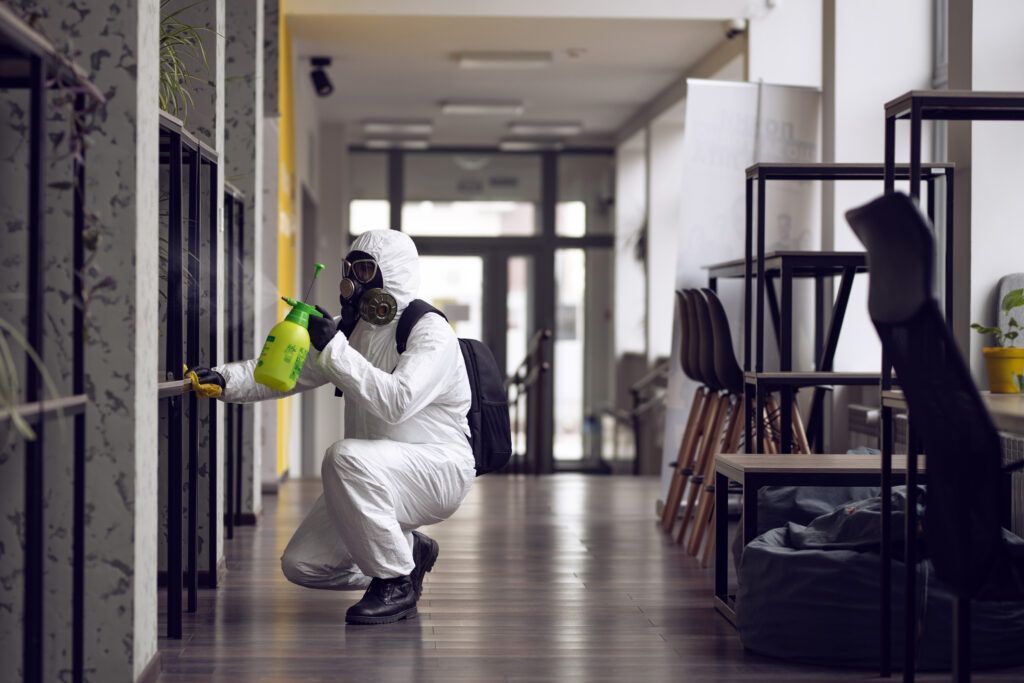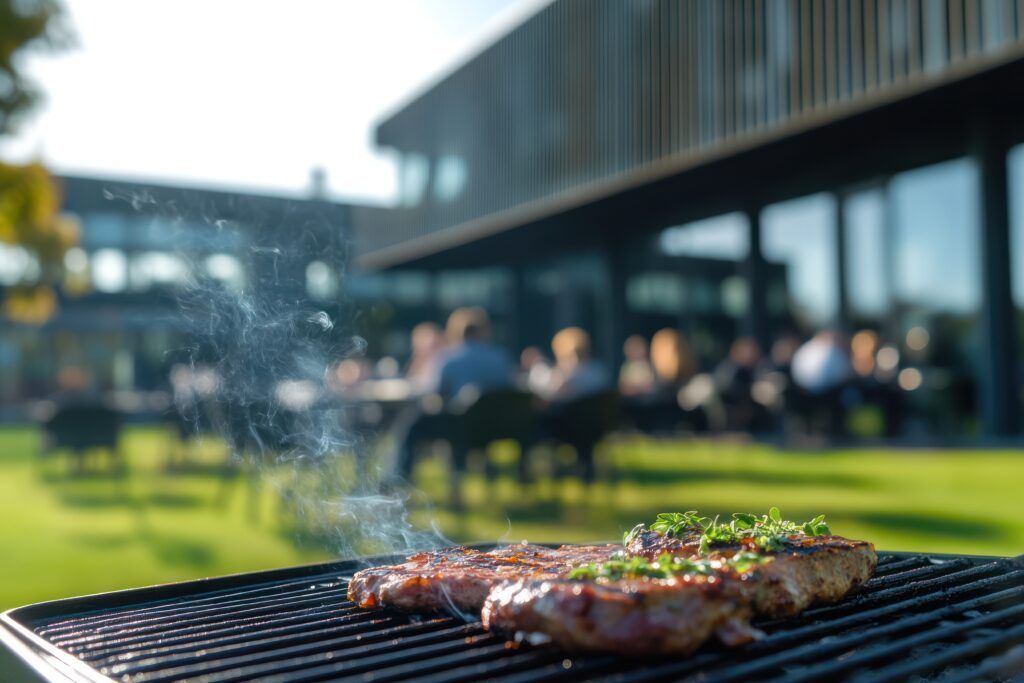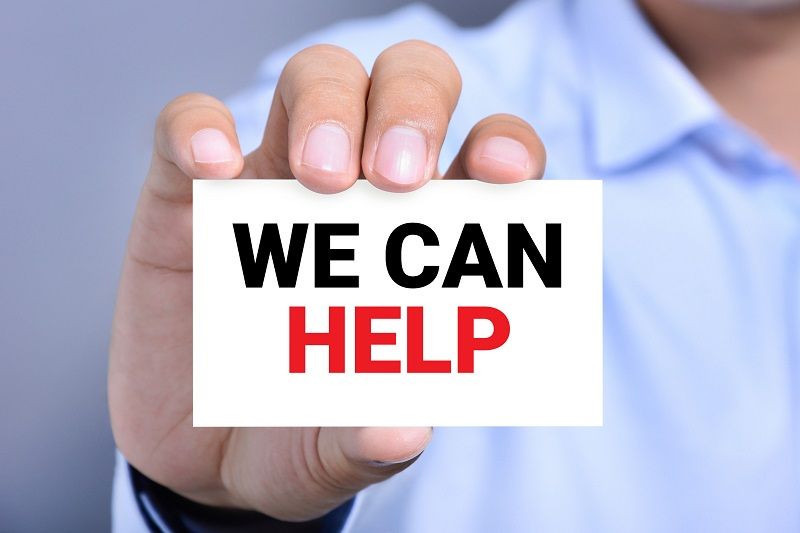Sewer Gas Poisoning Symptoms
Can sewer gas make you sick? Yes, exposure to sewer gas can have many negative health effects. Signs or symptoms of sewer gas exposure may include tiredness, irritated eyes, coughing, nausea, shortness of breath, headaches, irritability, memory issues, or dizziness.
With higher concentrations of sewer gas, the health effects can be severe and may include loss of consciousness, respiratory distress, coma, or even death.
Additionally, if someone already has a respiratory illness, even minor exposures to sewer gas can cause a serious health issue. If your sewer gas poisoning symptoms are minor, you may not need to see a physician, but if the issue causing sewer gas to leak into your home is not resolved, you may continue to experience these symptoms.
HRS Restoration Services can assess your home or business for the presence of sewer gas and determine what needs to be done to remedy the problem. Our team of trained and experienced experts understand the dangers of sewer gas and will get your structure into a habitable state as soon as possible.
Our customers appreciate our rapid response and 24/7 availability and attention to detail. We've been the go-to company to eliminate sewer gas danger in Denver for nearly forty years.
Sewer gas exposure is unhealthy and at worst – deadly. Call us at the earliest signs of sewer gas leakage today!
What Is Sewer Gas?
Sewer gas refers to a complex mixture of toxic and nontoxic gases. Sewer gas forms as a result of household and industrial waste breaking down. The most toxic components include hydrogen sulfide, and ammonia, but can also include methane, carbon dioxide, sulfur dioxide, and nitrous oxides.
Below we discuss the makeup of sewer gas in more detail.
Ammonia
Ammonia is a colorless gas with a characteristically pungent smell. While you may be familiar with ammonia as a cleaning agent, ammonia exposure can lead to eye, nose, and throat irritation. At elevated levels, ammonia is toxic to humans and may result in organ damage or death.
Methane
Methane is a naturally occurring, relatively nontoxic gas and it is a byproduct of natural decay. Its smell is the one most people associate with sewer gas. And, because of its flammability, the buildup of methane gas can cause explosions or asphyxiation.
Hydrogen Sulfide
Known for its "rotten egg" smell, hydrogen sulfide is extremely flammable and highly toxic. National Institute of Health studies have shown hydrogen sulfide is toxic to the oxygen systems of the body, and in high amounts, it can cause adverse symptoms, organ damage, or even death.
Carbon Dioxide
Carbon dioxide is exhaled when we breathe and in solid form is "dry ice". In high concentrations, carbon dioxide can result in a lack of oxygen in the blood, leading to serious health effects and, if untreated, death.
What Causes Sewer Gas Smell In Your Home?
For the most part, sewer gas develops when you have plumbing problems in your home. It may be a leaky or cracked pipe, a blocked air vent, or even a clogged drain leading to sewer gas becoming trapped in your home. Other causes of sewer gas include debris stuck in your drains or your toilet not being properly secured. Below, we discuss the main causes behind sewer gas in more detail.
Leaks
If at any point your sewer pipe or vent is improperly placed, you may become exposed to sewer gas. Unless you are a professional plumber, repairs to your pipes and vents should be made by someone with the proper credentials.
Cracked Pipes
Your pipes may have been damaged and leak sewer gas as a result. Sewer pipes are supposed to protect you from sewer gas but if they are degraded, cracked, or broken, sewer gas can escape into your home.
Blocked Air Vents
If your air vents are blocked with dirt, debris, or other items, they can't diffuse toxic gases up and outside of your home. This can cause sewer gas to build up in the pipes and leak into the home.
Clogged Drains
So many things can clog a drain. Hair, excess toilet paper, feminine products, the list is endless. When your drains are clogged, sewage may begin to backup. If the backup isn't eliminated, the clog will decompose and leak sewer gas back into your home.
Dry Plumbing
The longer toilets and drains go unused, they dry out and lose their water barrier. When it disappears, you will soon smell sewage gas because the water barrier previously stopped the smell from coming back up the bathroom drains.
Loose Toilets
If there is a gap between the toilets and the sewer lines, sewer gas can leak back into your bathroom. This happens when there is no seal between the toilet and plumbing or it has been damaged or cracked.
Is Sewer Gas Dangerous?
Is sewer gas dangerous? Yes, sewer gas is noxious, and in high concentrations, it can be toxic or lead to a loss of consciousness. For brief exposure to sewer gas, any resulting health symptoms will usually resolve themselves without medical intervention.
However, this may not be the case if the person exposed to sewer gas has a respiratory condition, or if the exposure is severe and prolonged. According to the CDC's National Institute for Occupational Safety and Health, hydrogen sulfide exposure can cause serious health effects at various concentration levels. Exposure to sewer gas can create unsafe conditions that may require certified Biohazard Cleanup Services to fully restore safety.
Sewer Gas Exposure Symptoms
Symptoms of exposure to sewer gas may include: fatigue, headaches, nausea, vomiting, dizziness, poor memory and confusion. Sewer gas contains hydrogen sulfide which attacks your body's ability to process oxygen. Below we discuss sewer gas poisoning exposure in more detail.
Fatigue
If you've been exposed to sewer gas, you may feel tired and lethargic for no known reason. Evaluate whether you have any of the other symptoms discussed below or if these symptoms were alleviated when you spend time away from your home.
Headaches
Long term exposure to sewer gas can lead to headaches. The noxious chemicals in sewer gas affect your brain's blood vessels causing them to expand and contract which may lead to a persistent painful headache.
Nausea
The smell of sewer gas is a lot like rotting eggs. The noxious gas that makes up sewer gas is very off-putting, but it can also cause people to feel sick and throw up.
Vomiting
Vomiting often accompanies nausea when the body's nervous system is affected by noxious gas.
Dizziness
Dizziness is another symptom of sewer gas exposure. Like the other symptoms, it will subside when the sewer gas leak is repaired, or when you leave the affected area for an extended period of time.
Poor Memory & Concentration
Another possible health effect of inhaling sewer gas is poor memory and concentration as a result of the gases and compounds that make up sewer gas disrupting regular oxygen flow in the body.
Signs Of Sewer Leak
If you have slow drains, and notice a 'rotten egg' smell, these are signs of a sewage leak. You may also notice your floors feel spongy, meaning that the leak has saturated your underfloors. Or, if you hear clanging and hammering sounds, loose pipes may have caused sewage to leak. Finally, if you have any of the health effects of sewage gas exposure, you may have a sewer leak.
When To Call A Professional
Unless you have the experience, tools, and protective equipment, it's best to call a professional to handle sewer gas danger. Attempting to repair plumbing or improper repairs could lead to flooding and property damage, or continued sewer gas exposure.
If you suspect you have a sewer leak in your home, you should call a professional restoration team made up of contractors, plumbers, and water remediation specialists.
HRS's experienced teams can help you get back on track after a sewer gas leak.
Why Choose HRS Restoration Services
HRS Restoration Services is a full service restoration company who can tackle any disaster life throws your way. Our glowing Google reviews for sewer cleanup in Denver point to our professionalism, attention to detail, and our 24/7 availability.
Call HRS Restoration Services today at 303-241-7849 for fast, professional restoration help. Don't let sewer gas exposure put your health at risk – our experienced team is standing by 24/7 to assess and remediate sewer gas problems in your home or business.
